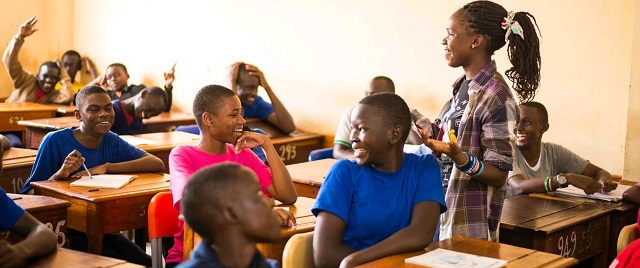
Kampala, Uganda | THE INDEPENDENT | 60 percent of young girls and women admitted to having sexual intercourse before attaining 18-years, the age of consent in Uganda.
A survey by the Makerere University School of Public health has found that while 3 in 10 girls who are in school acknowledged having sex young before clocking 18, the number was much bigger for those out of school at 8 in every 10. The study involved 4,070 women.
The findings were part of a larger Performance Monitoring for Action (PAM) project by the Ministry of Health and the Uganda Bureau of Statistics which is aimed at measuring and monitoring key family planning indicators and evaluating factors associated with change in contraceptive use. A total of 4,148 houses and 357 health facilities from across the country were also involved in the survey.
Dr Fredrick Makumbi, the principal investigator on the survey told Uganda Radio Network that 44.5 percent of the women they interacted with between September and October were young aged between 18 to 24.
He says that of the women aged between 15 and 49 that they interviewed, 48 percent had an unwanted pregnancy, something that was still more popular among the out of school segment. He says this data shows the need for targeted services and education early enough.
Dr Richard Mugahi who is in charge of Reproductive and Infant health at the Ministry of Health says that the finding that girls are having sex early is not new to them because they are already seeing that 25 percent of the pregnancies in health facilities are young girls.
Because of this reason, they needed evidence in real numbers and recommendations on how big the problem is and how to best intervene. The scientists recommend more access to information as they single out ignorance as one of the leading causes.
Mugahi notes that while they were supposed to close this gap by the school health policy and sexuality education framework, they met serious rejection by key stakeholders including religious leaders who declared it un-Godly and intended to erode morals from young people.
By the time of the lockdown to halt transmission of COVID-19, the ministries of education and health were re-evaluating the content to relaunch the framework which was shelved immediately it launched in 2018.
*****
URN
 The Independent Uganda: You get the Truth we Pay the Price
The Independent Uganda: You get the Truth we Pay the Price



